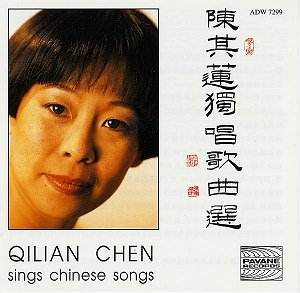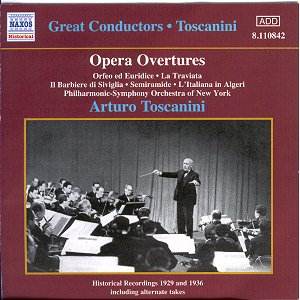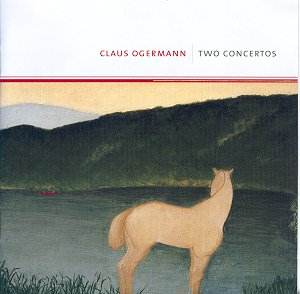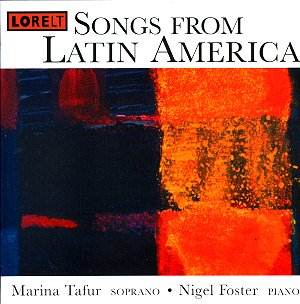 Composer: QILIAN
Composer: QILIAN
Works: CHEN sings Chinese songs (Folk Music: Embroidered Handbag, Song of the Mountain Stream, Drops from the Mountain Rock, Shepherd’s Song, Alamuhan; Opera: Thanks to the Winterflower (Zlanjie), Stream to Stream (Llu hu lan), Peking Opera – Hate from My Heart (Hong deng ji); Classical Music: It’s Not the Flower (Huang Zi), Homesick (Huang Zi), Three Wishes for a Rose (Huang Zi), I Live at the Head of the Yangzi River (Qing Zhu); Present-Day Music: The Woman Coastguard (Fu Jin), Fishing Song (Ren Guang), Pavilion of the Yellow Crane-bird (Yser Luo Bin to words by Mao Zedong), The Girl Who Loves to Sing (Zhu Ligian))
Performers: Qilian Chen (soprano), Jean-Paul Wittek (piano)
Recording: Studio Caraïbes, Brussels, 1993, DDD
Label: Pavane ADW7299
Qilian Chen’s recent disc, “Chen Sings Chinese Songs,” offers a compelling panorama of the Chinese song repertoire, traversing the realms of folk traditions, operatic arias, and contemporary compositions. The album is both a celebration of the rich oral traditions of China and an exploration of musical styles that have been shaped by Western influences. Chen, a soprano with a robust vocal presence and notable operatic training, brings to life a collection of songs that, while perhaps unfamiliar to Western audiences, resonate with universal themes of love, longing, and nature.
Chen’s interpretation shines particularly in the folk songs, where her vocal technique and emotive delivery come to the fore. The “Drops from the Mountain Rock,” a challenging piece from Henan province, highlights her ability to navigate both power and delicacy, employing a full-bodied sound while maintaining an articulate presence in the higher registers. The nuances of her voice reflect the traditional folk qualities, yet the operatic coloration is unmistakable, showing a duality that enriches these performances. In “Shepherd’s Song,” the tranquil lines are punctuated by her precise phrasing, capturing the pastoral essence of the text.
The collaboration with pianist Jean-Paul Wittek is effective, although it occasionally lacks the depth of orchestral support that some of these pieces would benefit from. Wittek’s accompaniment is sensitive, particularly in the more introspective songs like “Homesick,” where his harmonies serve to enhance Chen’s lyrical lines. However, in tracks like “Hate from My Heart,” the absence of orchestral weight diminishes the emotional impact that a fuller accompaniment could provide. Here, Chen’s vibrant attack is commendable, but one can’t help but yearn for a more expansive soundscape to match her vocal intensity.
Recording quality presents a mixed picture; while the clarity of Chen’s voice is admirable, the overall sound lacks the warmth and richness one might expect from a more polished production. The disc runs just over 43 minutes, which feels brief given the breadth of the material, and the absence of explicit track times on the packaging is a missed opportunity for contextual engagement with the listener. The inclusion of lyrics in both Chinese characters and English/French translations is a thoughtful touch, allowing for deeper connection to the content.
In the broader context of Chinese art song, this recording opens doors to a repertoire that is often overshadowed by Western classical traditions. Comparisons to the works of composers like Mahler or the folk-inspired efforts of Canteloube may arise, but they fail to capture the distinctiveness of the Chinese idiom that Chen embodies. Her voice, with its vibrant color and dramatic presence, offers a glimpse into a rich cultural heritage that remains underrepresented in the global classical music scene.
The disc is a valuable contribution to the catalog of world music recordings, showcasing not only Qilian Chen’s formidable talent but also the depth and variety of Chinese song traditions. While it may not stand among the finest recordings of the year, it serves as an invitation for listeners to delve into the unexplored realms of Chinese music, with the hope that future projects will expand upon this foundation with greater depth and orchestral support.



